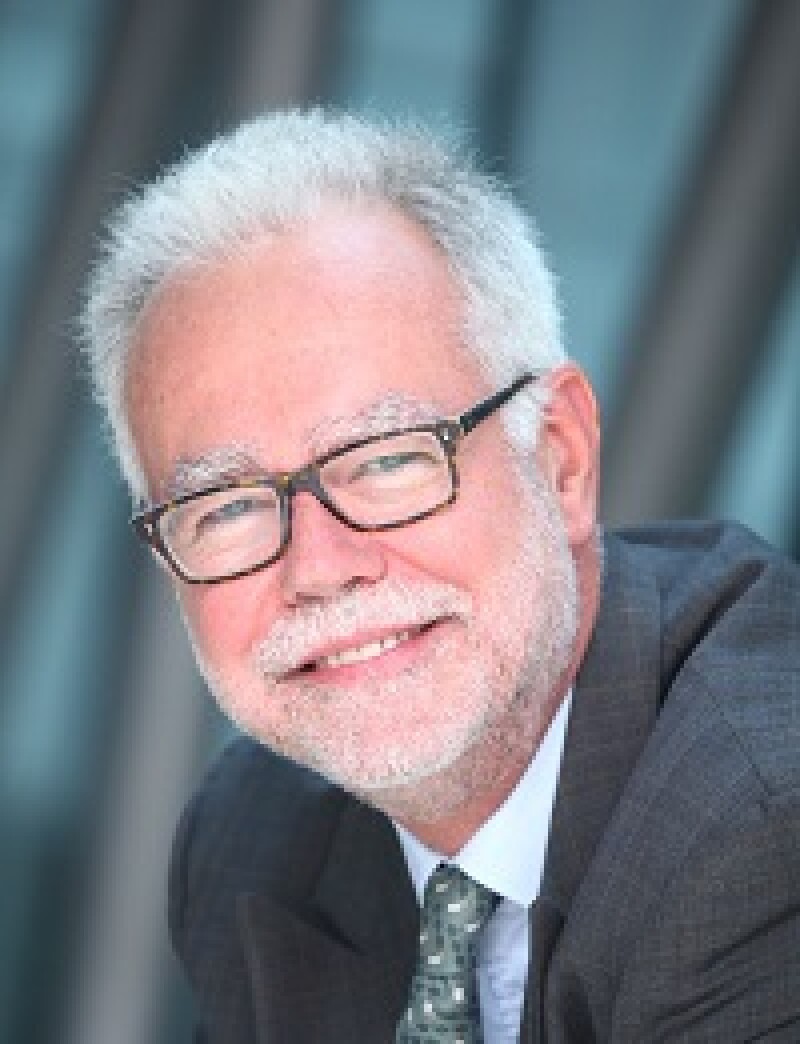
Alstom is a high-tech company, which invests substantial amounts of money in research and development (at around €800 million each year the figure is comparable to its overall profit and its material investments). It is essential that technology companies such as Alstom are able to protect their innovation and R&D efforts, as well as their commercial and business information, using a variety of legal means. Around 70% of Alstom’s value depends on trade secrets, while the risk of trade secrets theft grows ever more serious: it is expected to double by 2017.
Trade secrets are playing an increasingly important role in protecting companies’ intellectual property, including much of the know-how that results from incremental and continuous developments in technology. These kinds of technological developments allow companies to maintain their competitive advantage and technical leadership. The incremental nature of innovation also lies at the heart of SMEs, which often lack specialised resources and finance to pursue, manage, enforce and defend more formal kinds of intellectual property rights.
It is important to clarify that trade secrets are not a suspicious business; protecting them is simply about protecting valuable know-how or business information such as lists of customers, suppliers or pricing, and having remedies available so that businesses can seek redress in cases of misapropriation. Alstom has experienced problems related to trade secrets theft at first hand. Its experiences demonstrate both that heavy industry technology is vulnerable in terms of trade secrets theft, but also – and more importantly – that companies are not able to assert their rights against the theft of know-how in Europe due to the lack of appropriate European legislation. The theft of some of Alstom’s trade secrets has resulted in financial losses running into hundreds of millions of Euros and job losses across Europe.
The risk of trade secrets misappropriation is increasing due to a number of factors. These include changes in IT technologies and practices such as permament conectivity, as well as globalised supply chains. Digital technologies allow vast amount of data to be transmitted quickly and easily across borders. The damage resulting from the theft of trade secrets and the difficulties associated with seeking redress can be as damaging for a company as infringement of registered IP rights. When valuable know-how falls into the hands of rivals, they are able to bypass not only years of R&D, but also years of experience gained in interaction with customers. As a result, they can offer much lower prices by free-riding on work done by others. In the Alstom case the competitor involved offered technology at a price 30% lower than that of the original, legitimate technology providers.
Misappropriation of trade secrets, in addition to causing financial losses and job cuts, can also stifle innovation by making businesses reluctant to enter into collaborative R&D with universities or other business players and to share information.
The Directive that the European Parliament is now considering is central to numerous businesses, not just European ones but also to those that want to collaborate with European companies, because it will provide rules and a safe environment within which to share information. That is likely to make Europe more attractive to foreign investment. It will also provide better remedies and will have a deterrent effect for those considering appropriating trade secrets. A clear, consistent, EU-wide policy will discourage trade secrets misappropriation and support competitiveness and innovation, contributing to economic growth.










